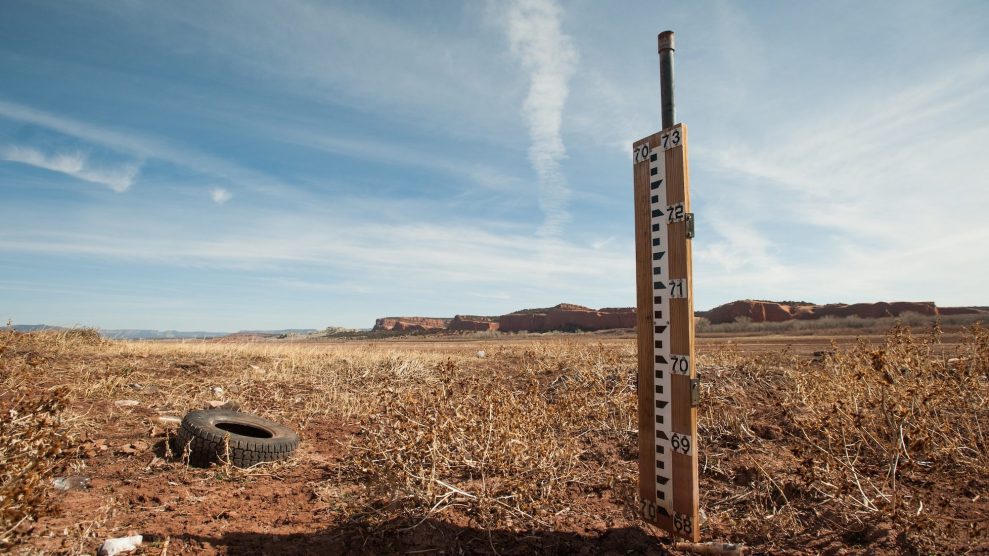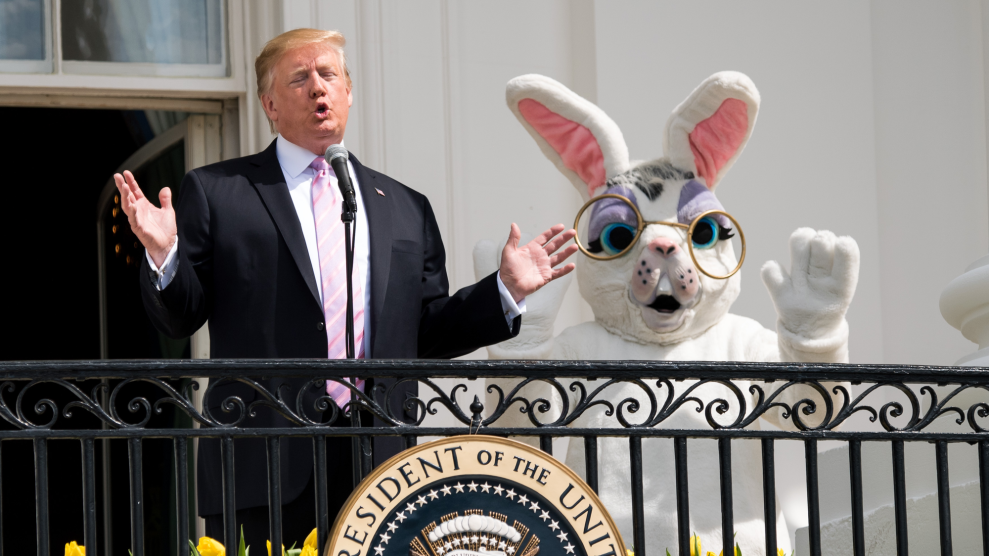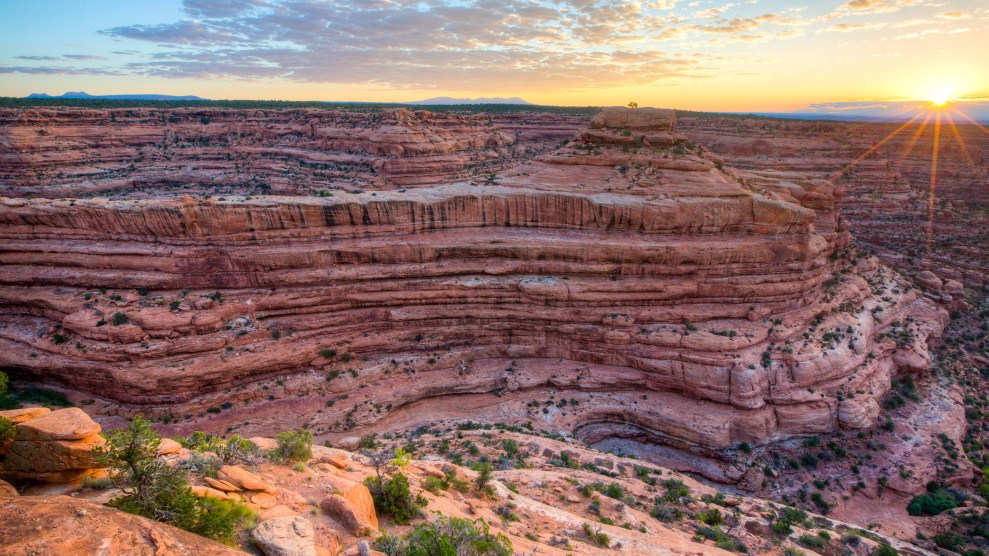Last Wednesday, Kaitlin Bennett, a far-right social media darling who’s made her name trolling progressive college students, released a Twitter video suggesting Native Americans would each get $3,000 from the coronavirus relief bill, compared to the $1,200-maximum checks most Americans will receive. “Isn’t it racist to benefit one group of people over others based on their race?” she asked.
Did you know that Native Americans will get $3 billion in aid from the coronavirus relief bill? That's $3k for every Native on a reservation, compared to the $1,200 you'll get. Isn't it racist to benefit one group of people over others based on their race? https://t.co/YTpSVTobzM pic.twitter.com/Vrlpu4n7V7
— Kaitlin Bennett (@KaitMarieox) March 30, 2020
Bennett’s claims are doubly misleading. First, Native American taxpayers will receive the same stimulus check as anyone else. Bennett got $3,000 by dividing the CARES Act’s allocations for Indian health and housing programs among the estimated one million Native people who live on reservations. But she failed to include the four million Native Americans who don’t live on reservations, all of whom can benefit from the new funding indirectly; no one’s getting a bigger check.
Even if they were, there’s nothing racist about providing special services for Indigenous peoples. The needs of Native communities, which were brutally colonized through overt violence and smallpox, a pandemic, hold a particular place in US jurisprudence—one that has long been overlooked.
Their unique status under US law dates back to the Constitution, which references “Indians” only twice: to specify that they won’t be taxed, and that the federal government will facilitate commerce between tribes and states. In 1831, the Supreme Court interpreted these parts of the Constitution as creating a “trust relationship” between Native Americans and the federal government.
That relationship is modeled on the legal connection between parents and children, says tribal lawyer Wes Furlong of the Native American Rights Fund. This imposes “heightened obligations on the federal government when it acts on Indian affairs,” which go beyond its obligations to states and municipalities. Native tribes are legally considered dependent on the US, which has promised to fulfill “trust responsibilities” like providing health care, housing, and education to Natives, as well as caring for their lands.
This has always been more theory than practice. Since colonization, Native communities have struggled to get basic needs met, and their lands have been stolen and scarred. Yet in recent decades, the US inched closer to meeting its trust obligations. Under Republican presidents in the 1970’s, millions of acres were returned to tribes, and Congress passed the Indian Health Care Improvement Act, entrenching its duty to fund health services for Indigenous people. That law became permanent under President Obama, who also created and invited tribes to co-manage Bears Ears National Monument, protecting over a million acres of sacred lands previously held “in trust.”
The trend was abruptly reversed under President Trump, who removed protections from 85 percent of the Monument, green-lit oil drilling and pipeline projects on Native lands, and repeatedly proposed cutting funding for tribal college scholarships—to say nothing of his long history of slandering Natives.
If Trump had his way, the CARES Act would have funded only $3 billion of the Congressional Native American Caucus’s $20 billion request, according to Rep. Deb Haaland (D-N.M.), who comes from the Laguna Pueblo tribe and is one of the first two Native American women in Congress. “Tribes have been neglected and underfunded for decades,” she says, but today, “it’s clear that the US needs to live up to its trust responsibility with respect to this coronavirus.”
Along with fellow Caucus members Rep. Tom Cole (R-O.K.), who is Chickasaw, and Sen. Tom Udall (D-N.M.), Haaland negotiated to ultimately carve out $8 billion in the CARES Act for Indigenous-focused services. One billion dollars will be managed by the federal Indian Health Service, while most will go straight to tribal governments “for them to use as sovereign nations…the way they need to use it,” says Haaland. That could mean economic relief efforts, as well as supporting tribal-run clinics on reservations.
But the trust responsibility “is not restricted to the borders of reservations,” says a spokesperson for the National Council of Urban Indian Health, which asked Congress to provide $94 million to meet the rapidly growing health care needs of Natives in cities; they got $3 million instead. The NCUIH says Congress “absolutely must pass” further legislation to adequately fund urban facilities and help tribes access the national stockpile of medical supplies as local reserves dwindle.
In the past week, the number of COVID-19 cases in Navajo Nation jumped from 49 to 174, leading New Mexico Governor Michelle Lujan Grisham to suggest the pandemic “could wipe out those tribal nations,” where health systems are still underfunded.
Haaland, whose district includes Navajo communities, suggested that their vulnerability stems from centuries of federal neglect.
“Many parts of Indian Country are lacking in fundamental infrastructure,” says Haaland. “When you don’t have running water or water that’s potable, it’s difficult to stay hydrated, wash your hands, and exercise all the precautions you need to during this virus.”
So no, Kaitlin Bennett, fulfilling Constitutional obligations to support Indigenous nations during a deadly pandemic is definitely not racist—but your Party City “Indian” costume certainly is.


















